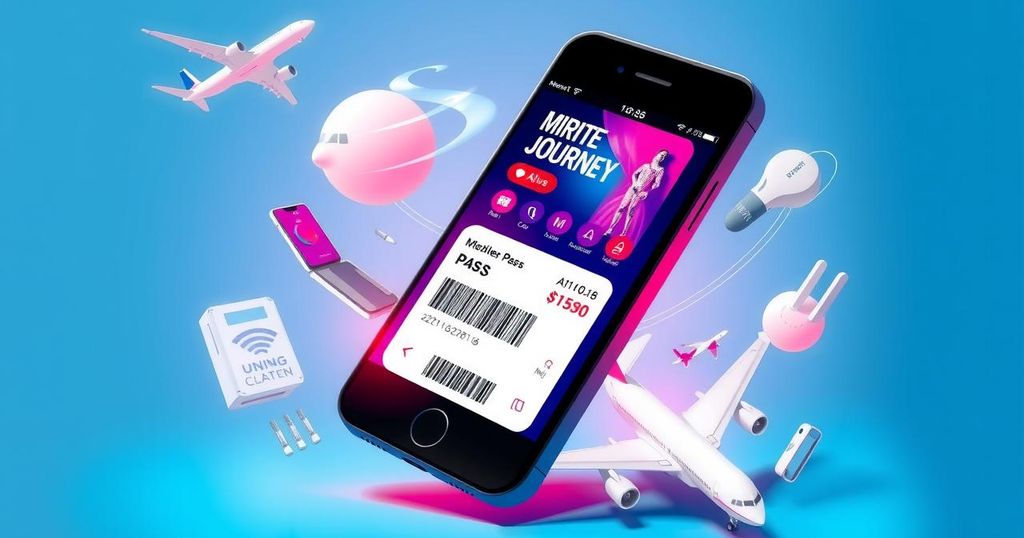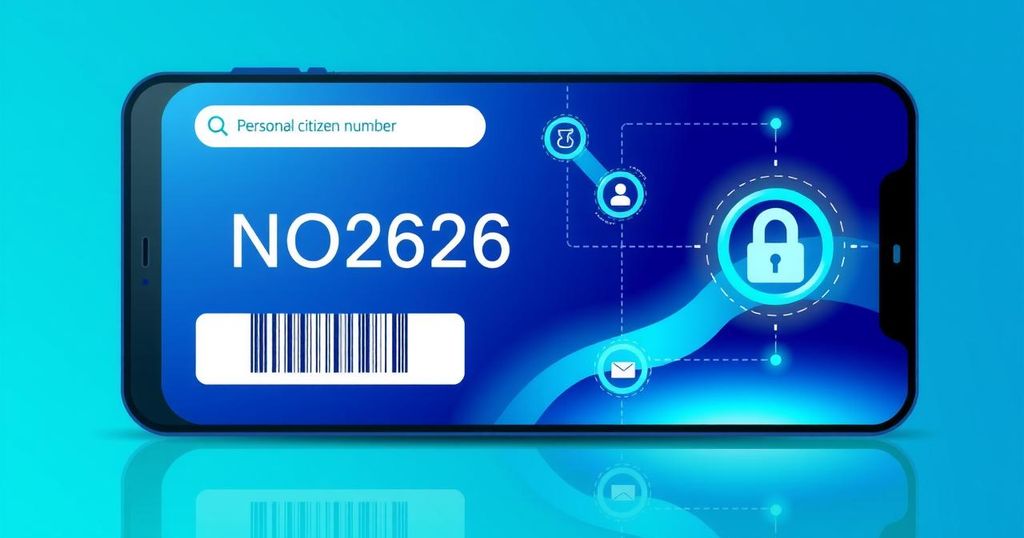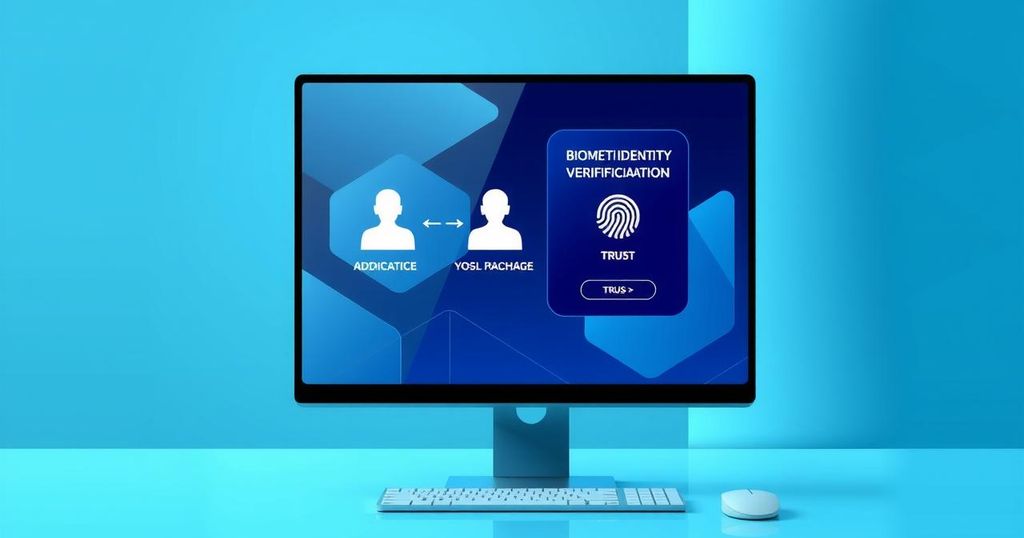ICAO proposes a ‘journey pass’ system that replaces traditional boarding passes with biometric digital credentials, improving efficiency and security for air travel. Early implementations are seen in the UAE, yet concerns about infrastructure costs and digital accessibility exist. The initiative aims to transform flying into a seamless experience.
The International Civil Aviation Organization (ICAO) proposes a revolutionary approach to air travel by initiating a digital, biometric-based ‘journey pass’ system. This initiative aims to replace traditional boarding passes within three years, marking a significant change in the industry since the introduction of e-ticketing.
Under ICAO’s Digital Travel Credentials (DTC) program, travelers will receive a secure digital ‘journey pass’ via their smartphones instead of printed boarding passes. This system will automatically update with any booking changes, streamlining the check-in process significantly. Valérie Viale from Amadeus stated this could be “possibly the biggest change in aviation in 50 years.”
The DTC system will allow pre-checks of travelers’ identities and documentation, reducing wait times and enhancing border security. ICAO published guidelines in December 2024, detailing how DTCs will facilitate smoother verification of a traveler’s digital passport, ultimately improving passenger experience.
Airports in the United Arab Emirates are already implementing these changes. In Dubai and Abu Dhabi, mobile passes and biometric ‘Smart Gates’ are being utilized for faster processes. Emirates has enforced mobile boarding pass usage since 2023, and Abu Dhabi aims to achieve a completely document-free airport by 2025.
Despite its potential benefits, this plan necessitates significant infrastructure upgrades at smaller airports, including advanced biometric technologies. Critics express concerns regarding digital exclusion, particularly affecting the elderly and those unwilling to share biometric data. Amadeus assures that all biometric information is deleted within 15 seconds after use.
As ICAO’s initiative progresses through pilot phases, it holds the promise of transforming the air travel landscape. Success in this venture could eliminate lengthy wait times and paperwork, marking the dawn of a new era in air travel where biometric identification becomes standard practice.
The ICAO’s proposed ‘journey pass’ system represents a substantial shift in air travel protocols by doing away with traditional boarding passes and check-ins. This biometric identification approach aims to streamline the travel experience, enhance security, and reduce wait times, albeit with challenges regarding infrastructure and digital accessibility. If implemented effectively, it may revolutionize passenger processing in airports worldwide.
Original Source: www.airwaysmag.com





